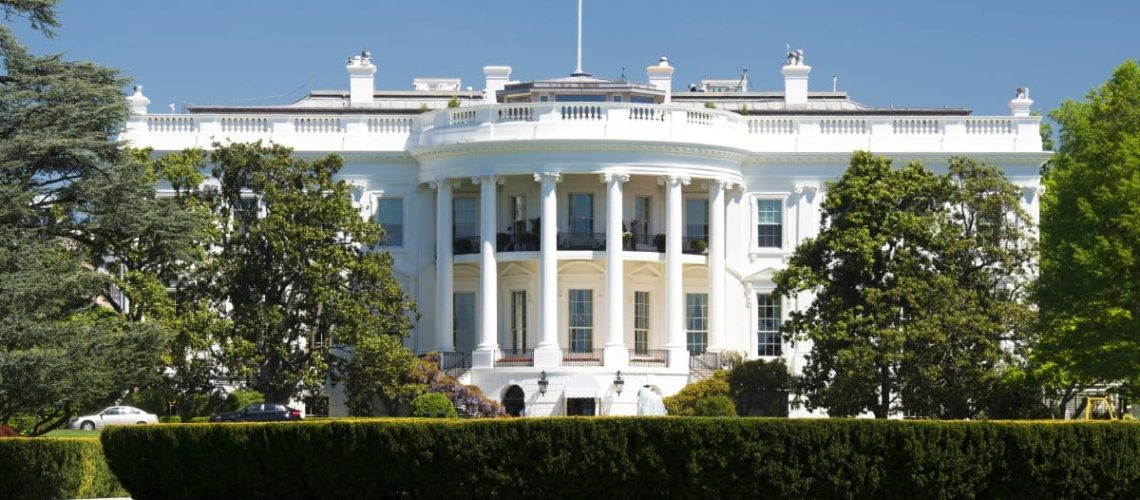Is America ready to break new ground with an LGBTQ president? As society evolves and progresses, the signs are everywhere, pointing to a nation prepared for this historic milestone. Are you ready to see history in the making?
1. Increasing LGBTQ Representation in Politics
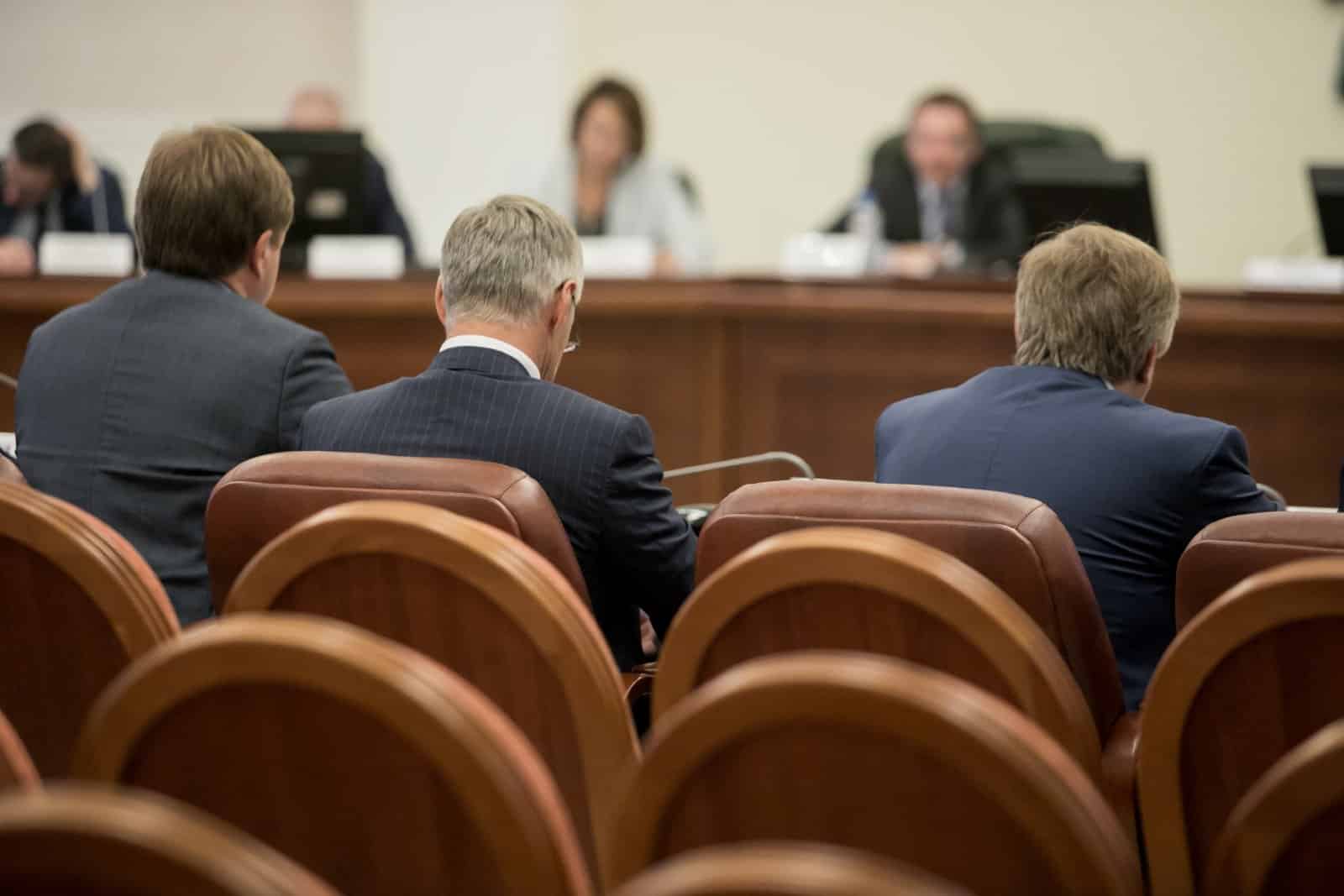
From city councils to Congress, more LGBTQ politicians are being elected than ever before. This growing presence shows a broad acceptance and trust in LGBTQ leadership.
2. Landmark Supreme Court Decisions
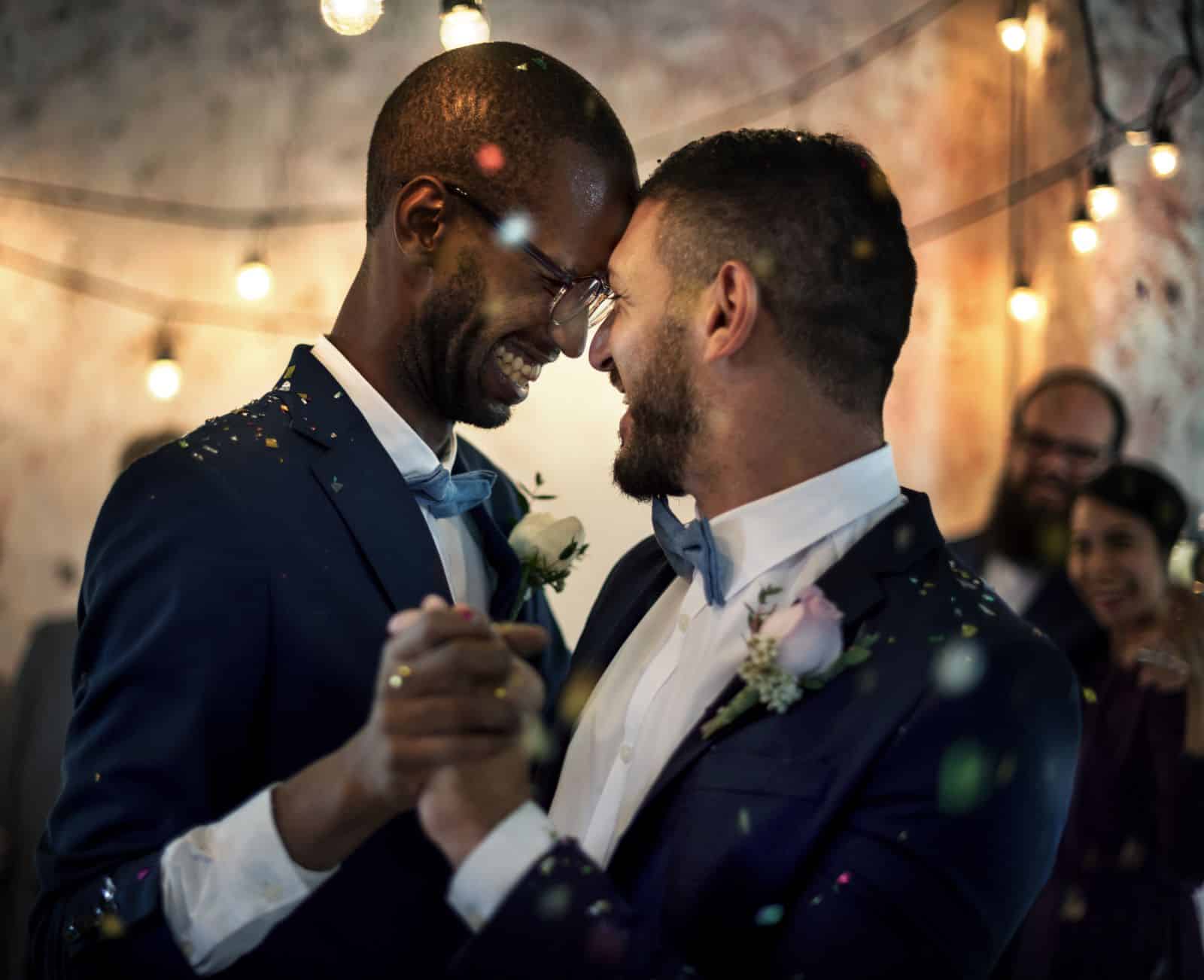
The Supreme Court’s rulings on same-sex marriage and workplace protections have significantly advanced LGBTQ rights. These decisions reflect a legal framework ready to support an LGBTQ president.
3. Shifting Public Opinion
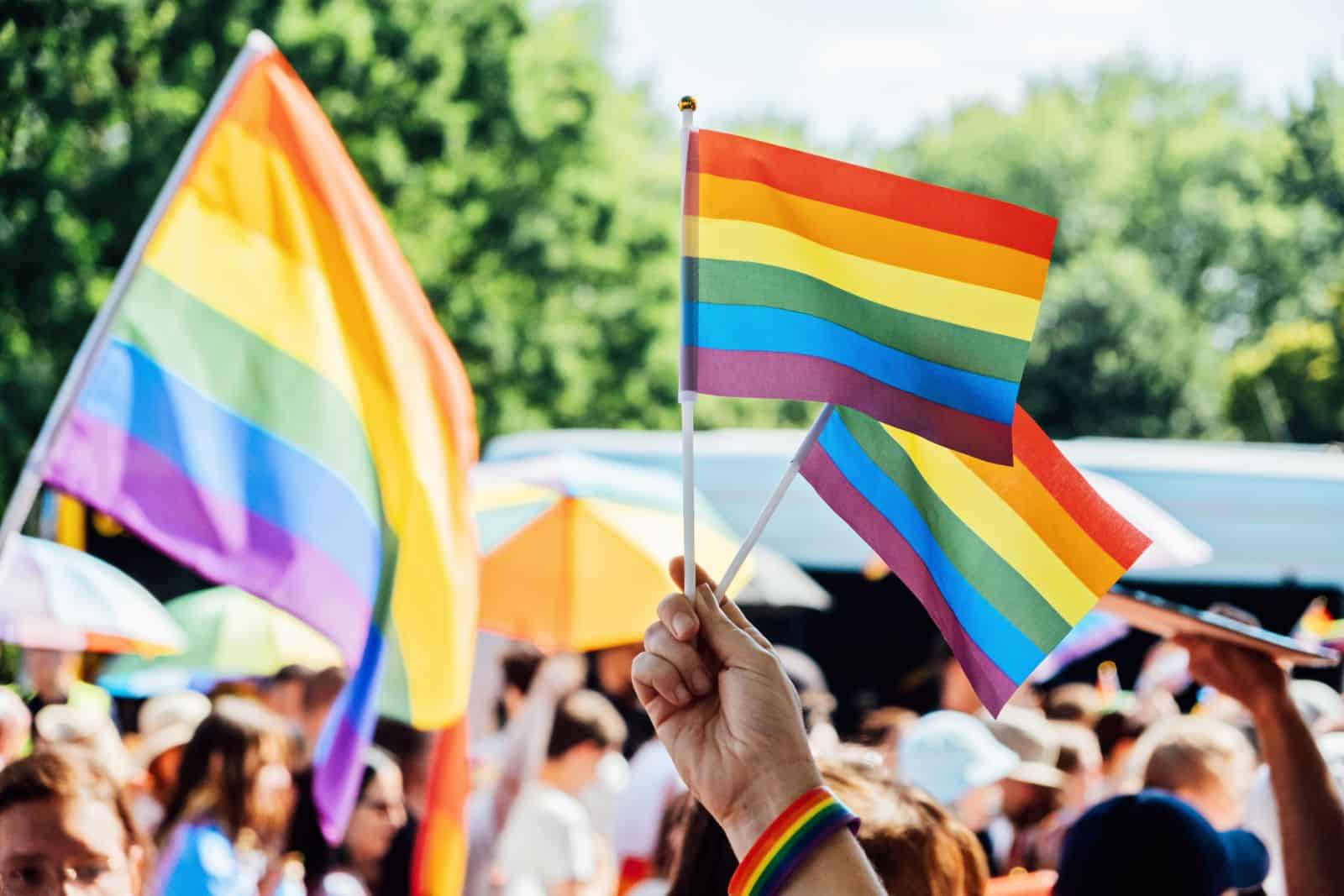
Polls consistently show that a majority of Americans support LGBTQ rights. This cultural shift indicates a readiness to embrace an LGBTQ leader at the highest level.
4. Corporate Support for LGBTQ Rights

Major corporations openly support LGBTQ rights and have inclusive policies. This corporate backing reflects mainstream acceptance and normalization of LGBTQ identities.
5. LGBTQ Media Representation

TV shows, movies, and news media now feature more LGBTQ characters and stories. This visibility helps normalize LGBTQ identities and paves the way for broader acceptance.
6. Strong Youth Support
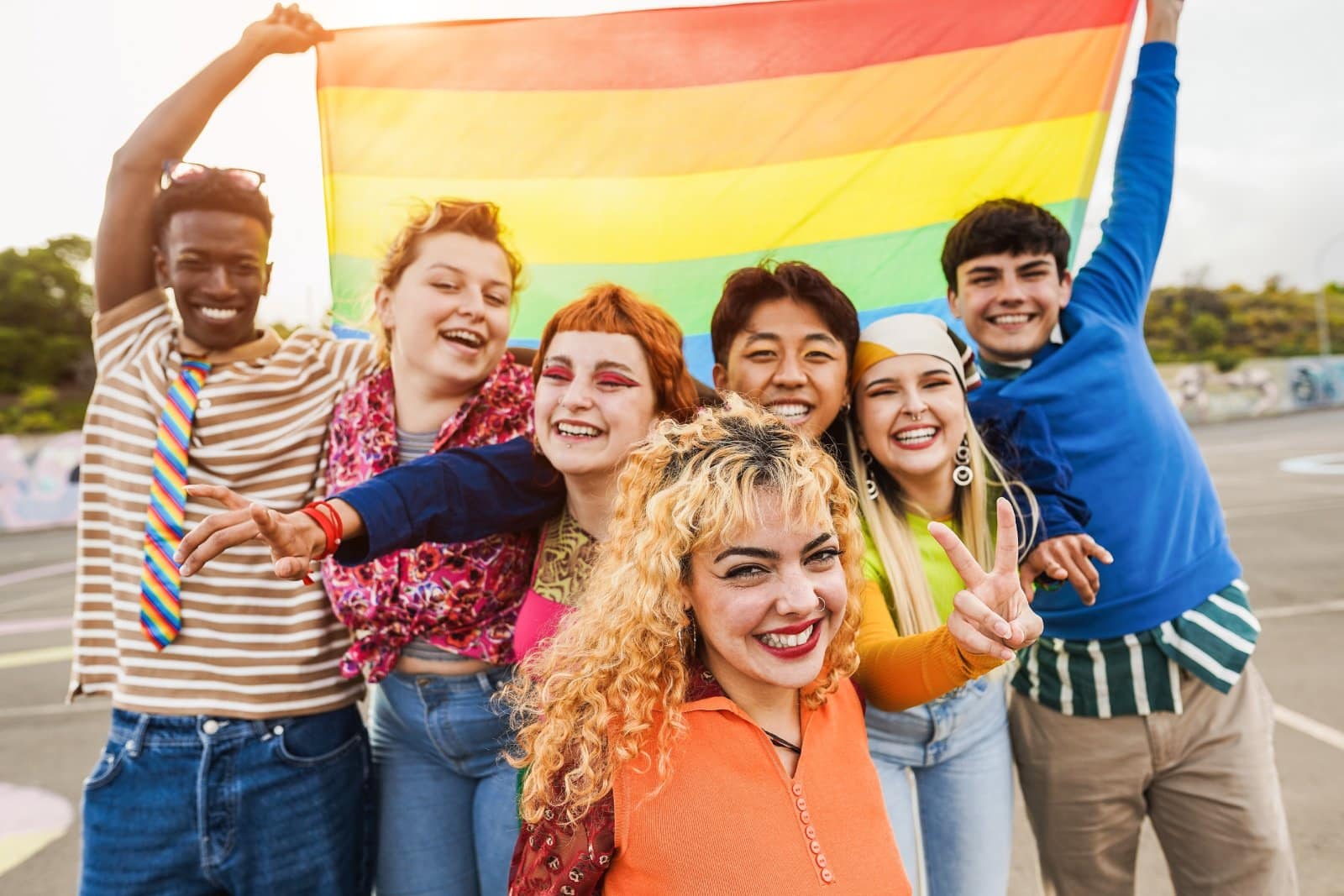
Younger generations are overwhelmingly supportive of LGBTQ rights. This demographic shift signals a future electorate that is open to an LGBTQ president.
7. Pride Parades in Small Towns
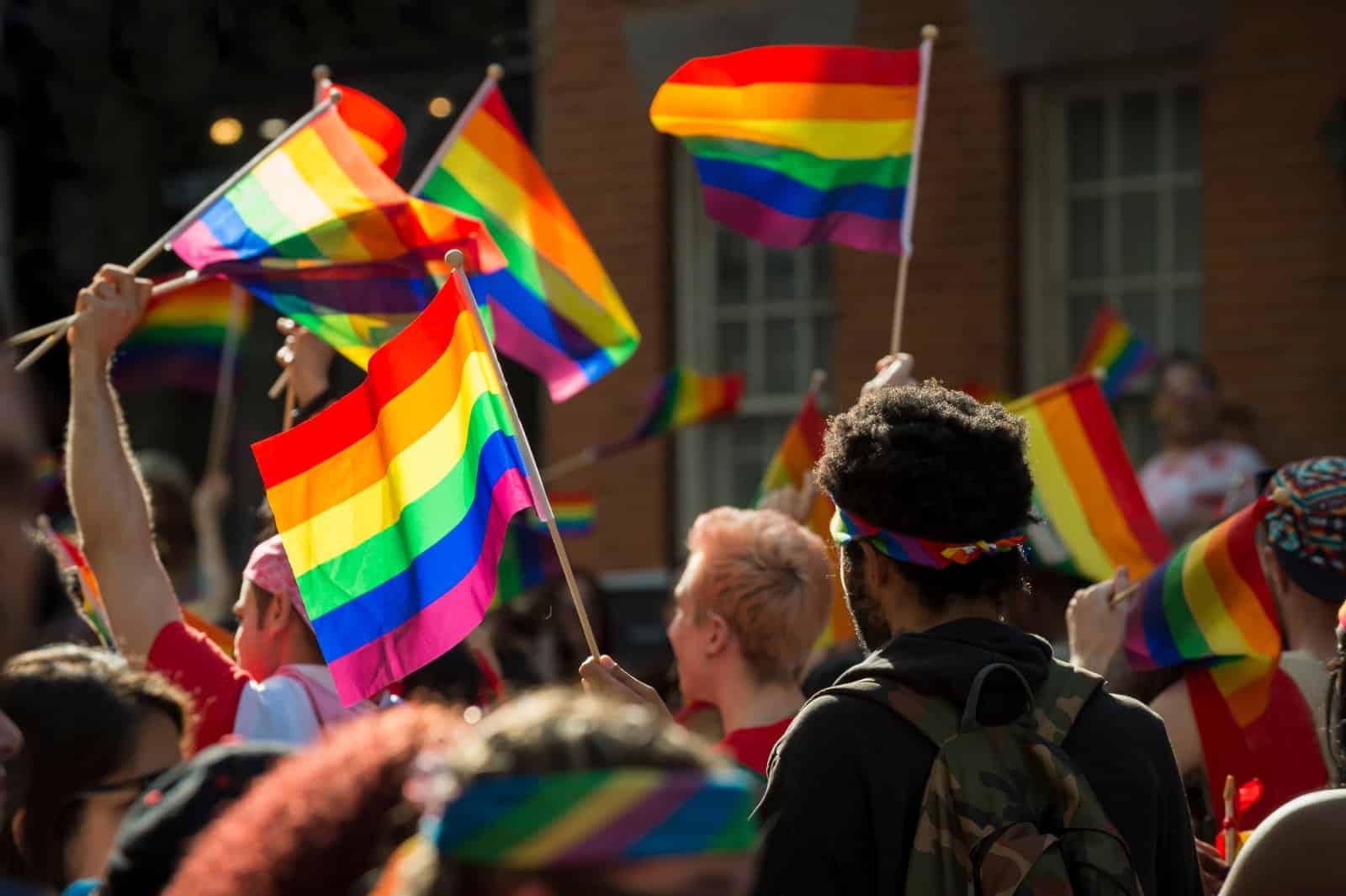
Pride parades are no longer limited to major cities; they’re happening in small towns across America. This widespread participation demonstrates grassroots support for LGBTQ issues.
8. Inclusion in Education

Schools across the country are adopting LGBTQ-inclusive curriculums. Educating the next generation about LGBTQ issues fosters a more accepting society.
9. LGBTQ Military Service
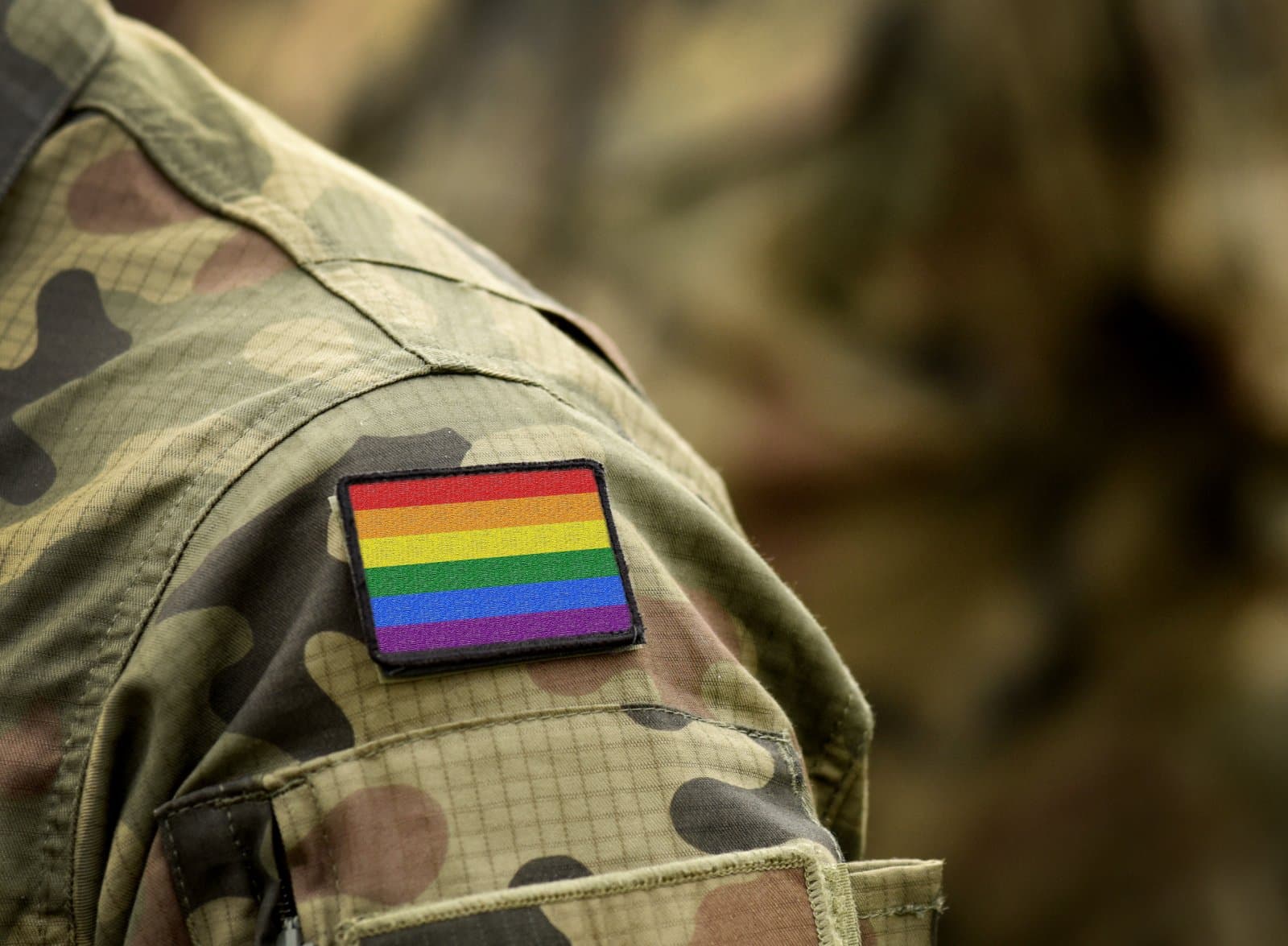
The repeal of “Don’t Ask, Don’t Tell” and acceptance of transgender service members show that the military is embracing LGBTQ individuals. This acceptance in a traditionally conservative institution is a positive sign.
10. Prominent LGBTQ Figures in Media
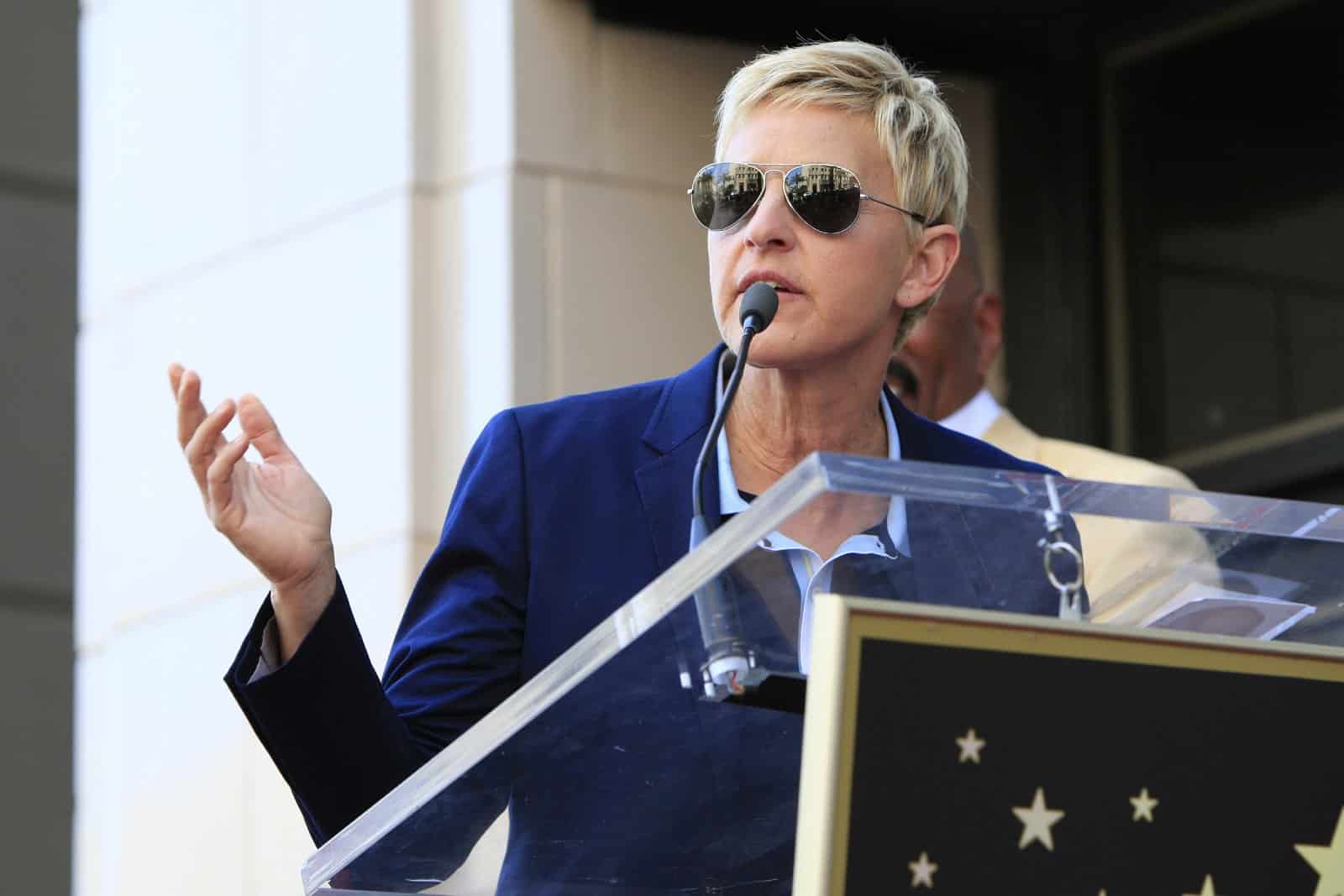
Prominent LGBTQ figures like Ellen DeGeneres and Anderson Cooper are widely respected. Their success and acceptance in mainstream media suggest a broader societal readiness.
11. Diverse Political Endorsements
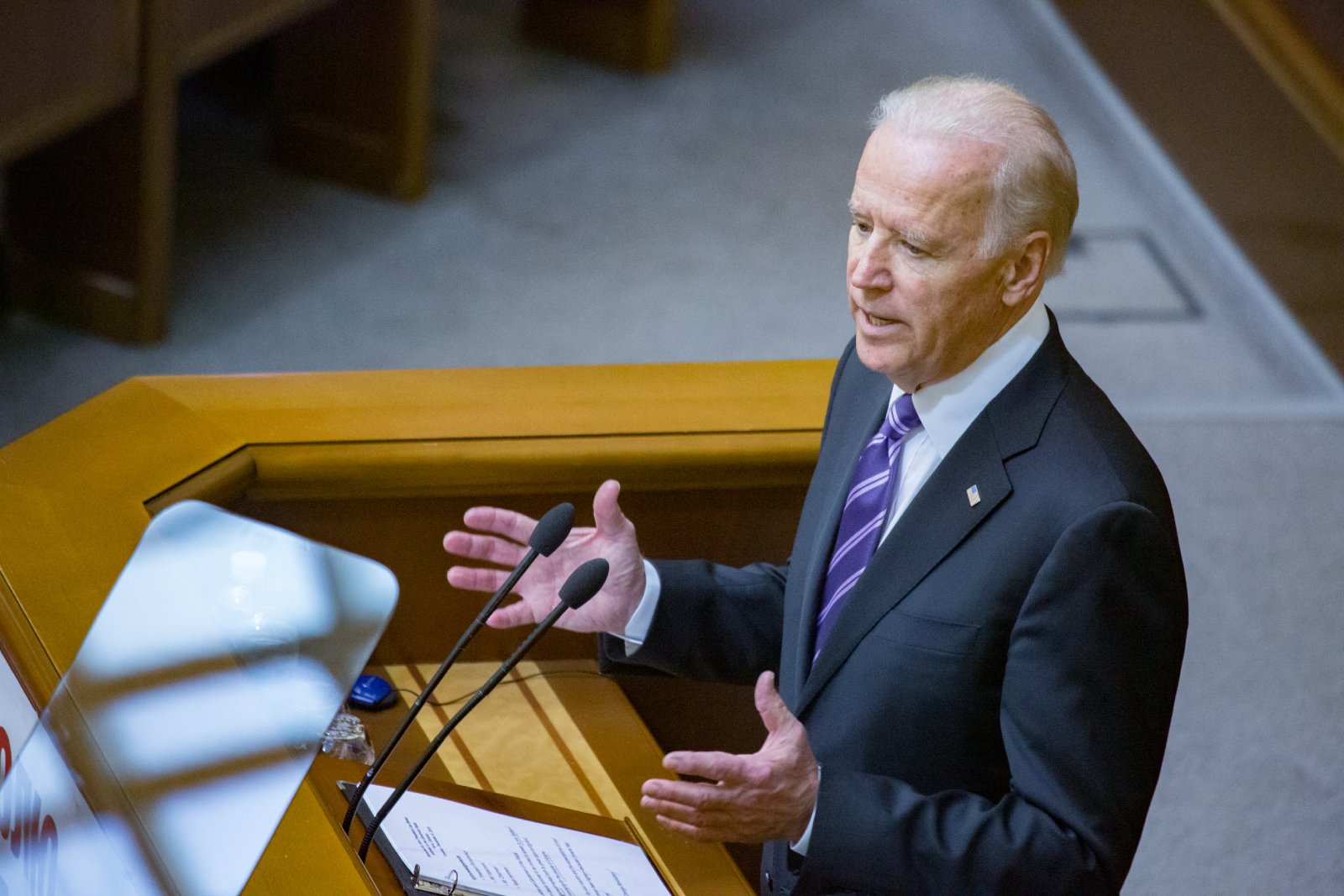
Politicians from both parties are increasingly endorsing LGBTQ rights. Bipartisan support reflects a political landscape that is becoming more inclusive.
12. Progressive Policy Platforms

Many political candidates now include LGBTQ rights in their platforms. This inclusion indicates that LGBTQ issues are considered mainstream and important.
13. LGBTQ-Friendly Legislation
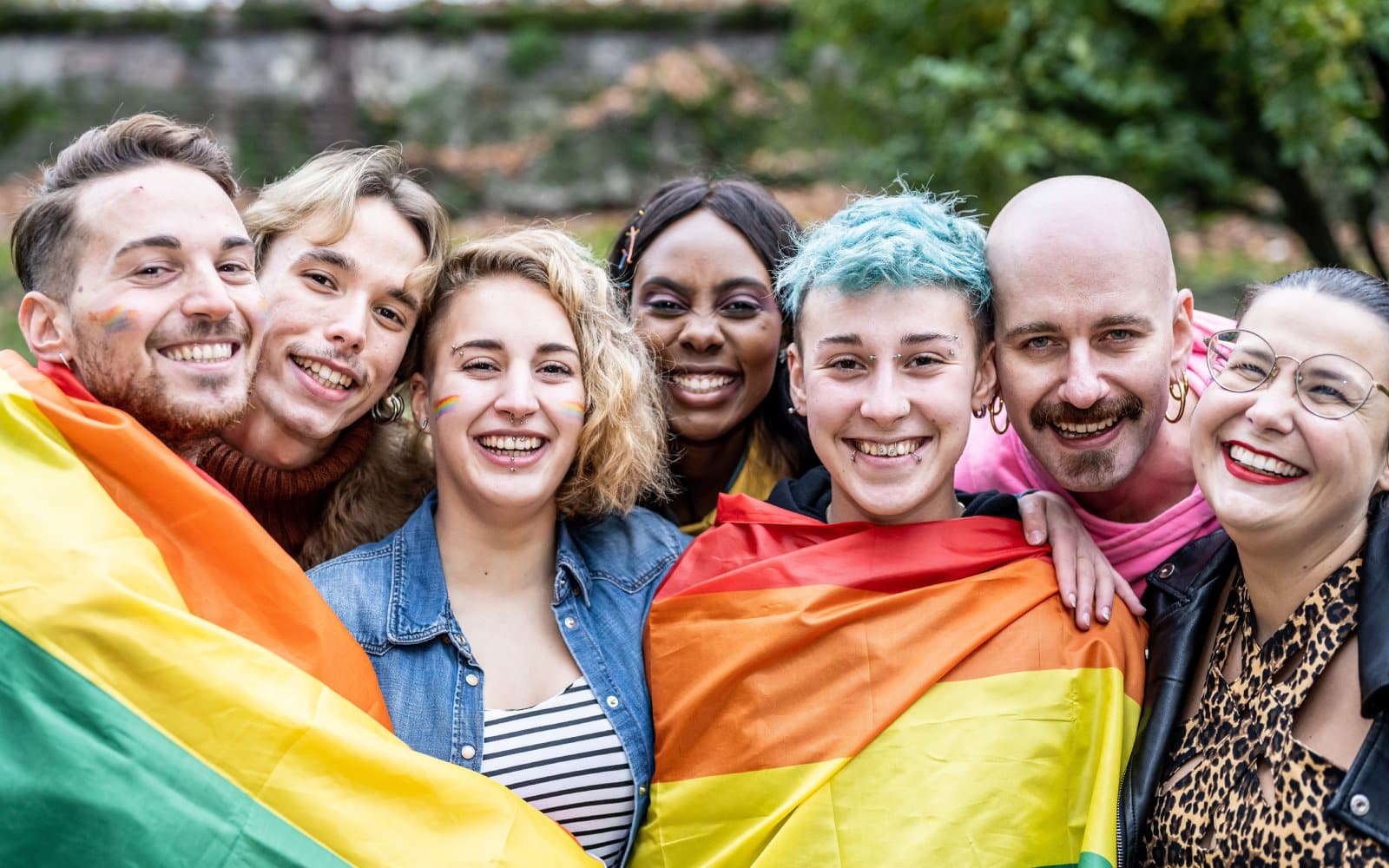
States are passing laws to protect LGBTQ rights, from anti-discrimination measures to hate crime protections. These legislative actions demonstrate a commitment to equality.
14. Changing Religious Views
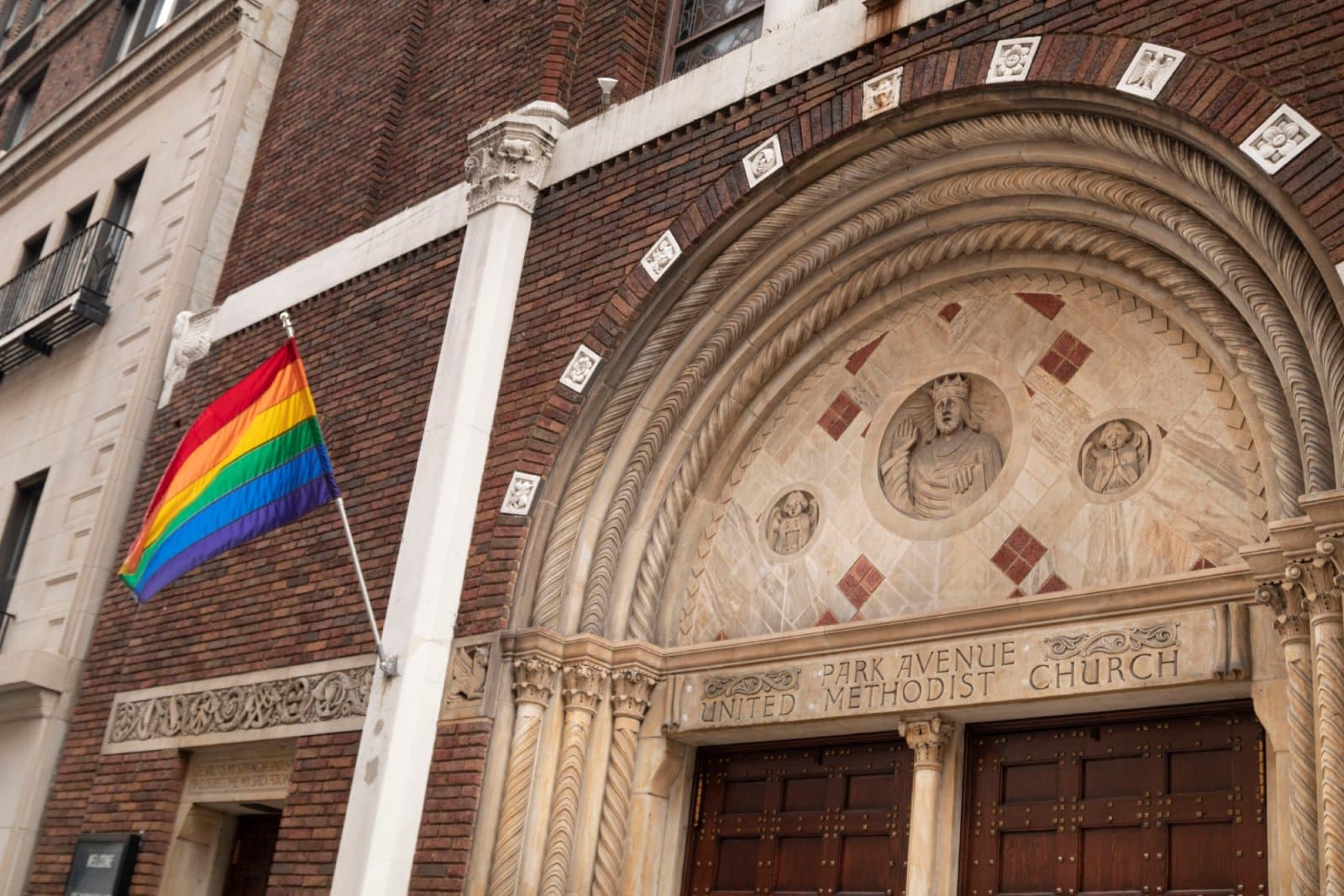
Some religious groups and leaders are becoming more accepting of LGBTQ individuals. This shift within traditionally conservative communities is a significant indicator.
15. Allyship in Professional Sports
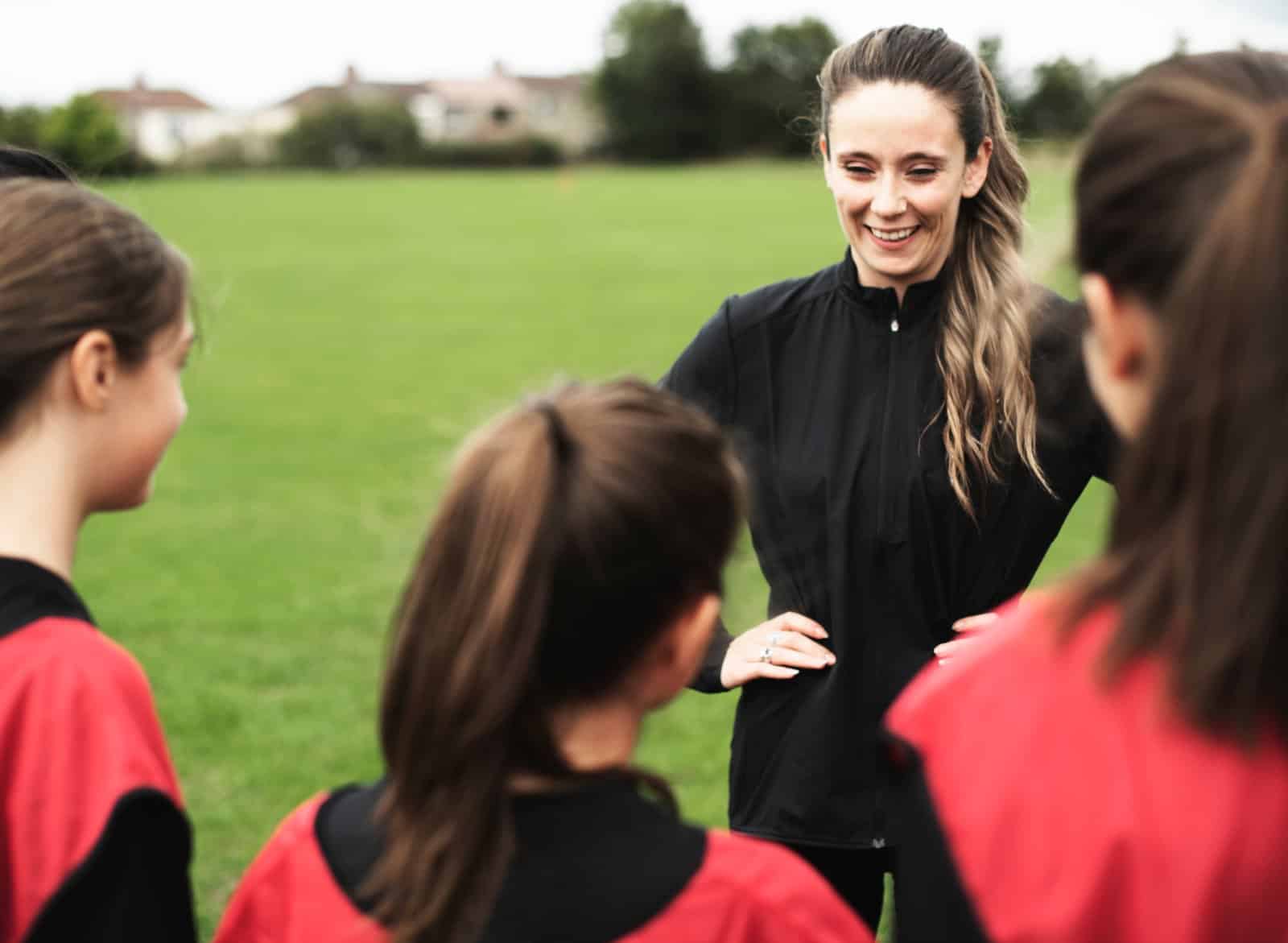
Professional athletes and sports organizations are standing up for LGBTQ rights. High-profile support from sports figures helps change public perceptions.
16. Recognition of LGBTQ History
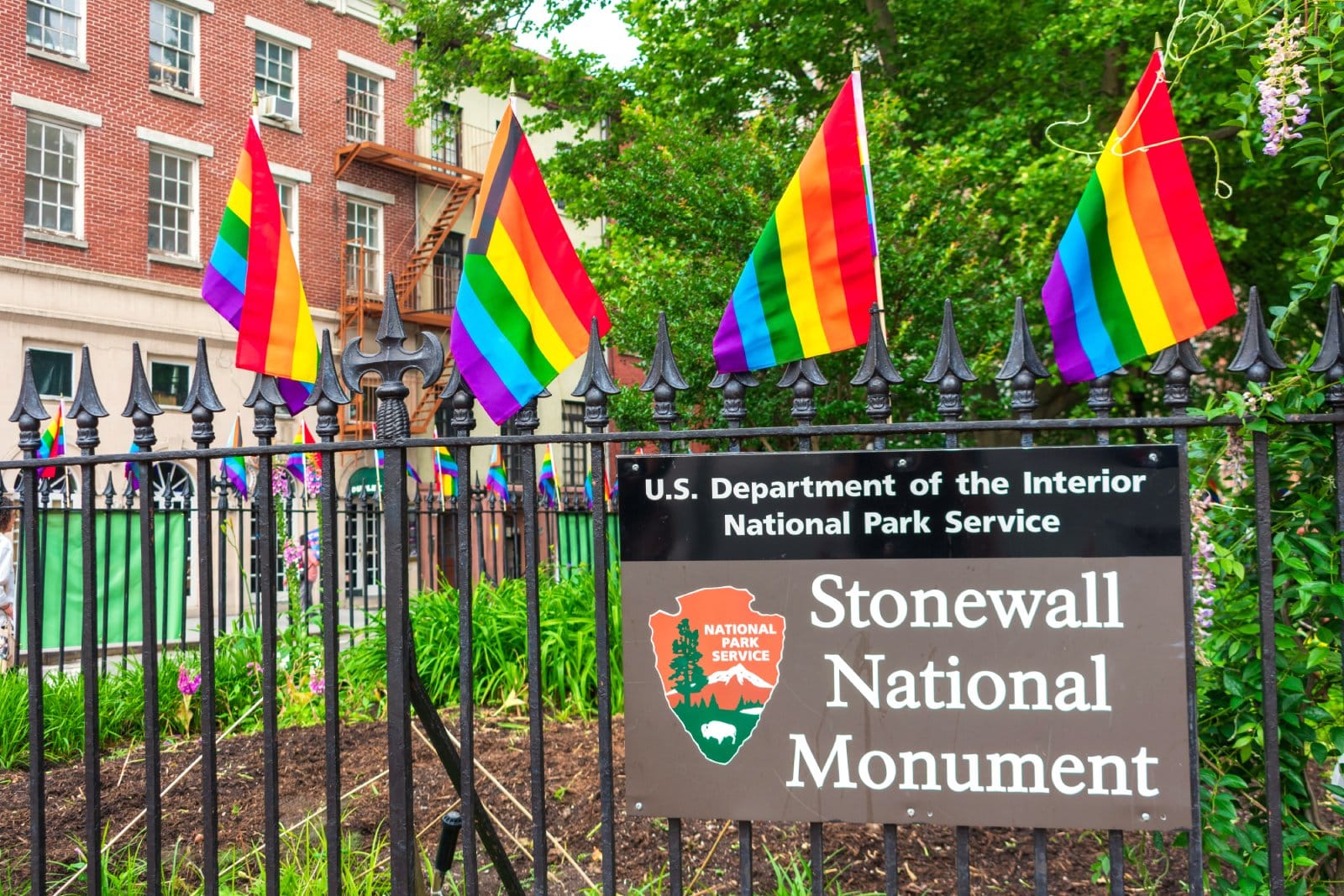
LGBTQ history is being recognized and celebrated more widely, from Pride Month to educational initiatives. Acknowledging this history helps build a foundation for future acceptance.
17. Diverse Family Structures

Non-traditional family structures, including LGBTQ families, are becoming more common and accepted. This normalization of diverse families supports the idea of an LGBTQ president.
18. Intersectional Activism
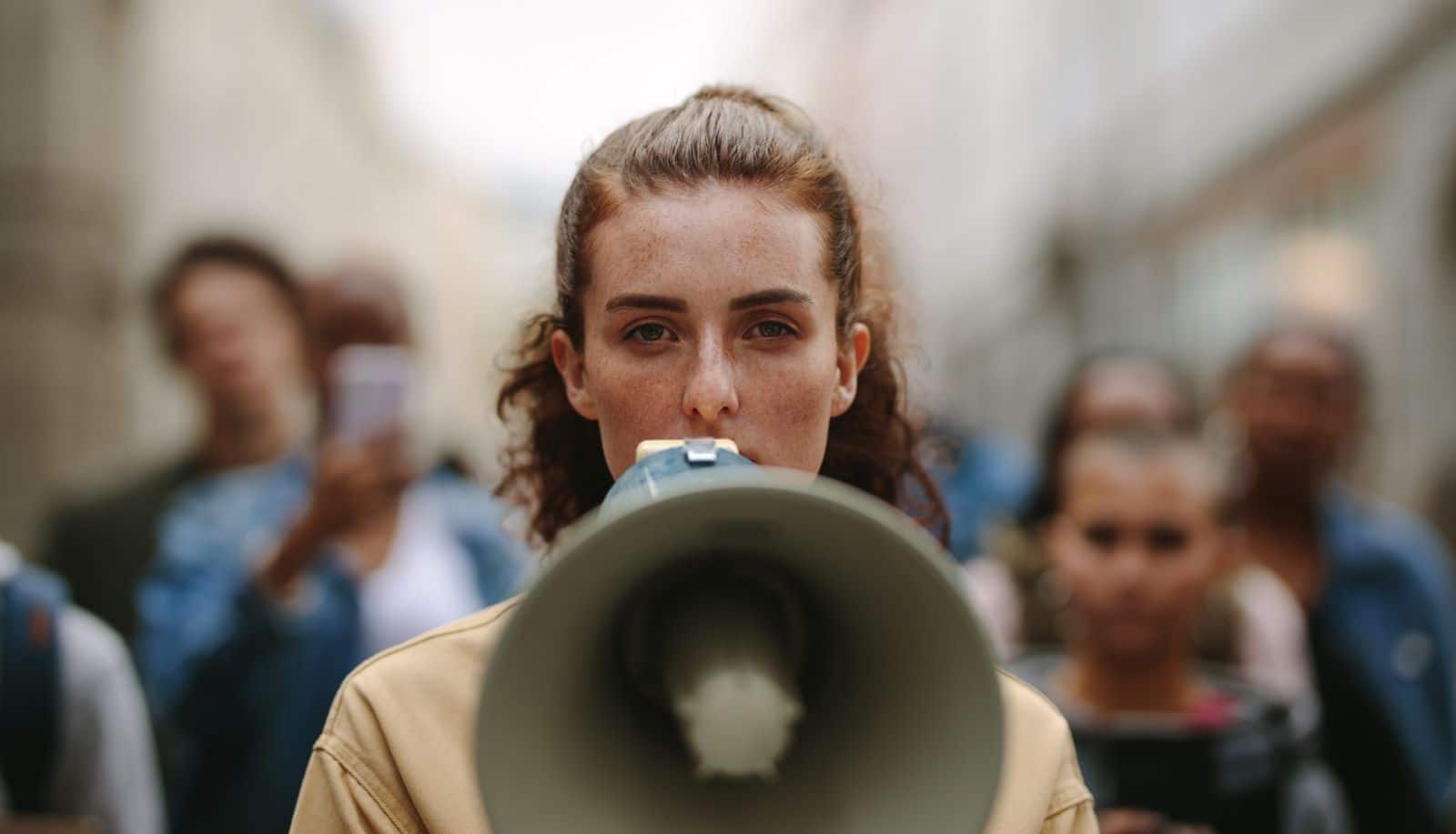
LGBTQ activists are forming alliances with other social justice movements. This intersectional approach broadens support and understanding across different communities.
19. International Influence
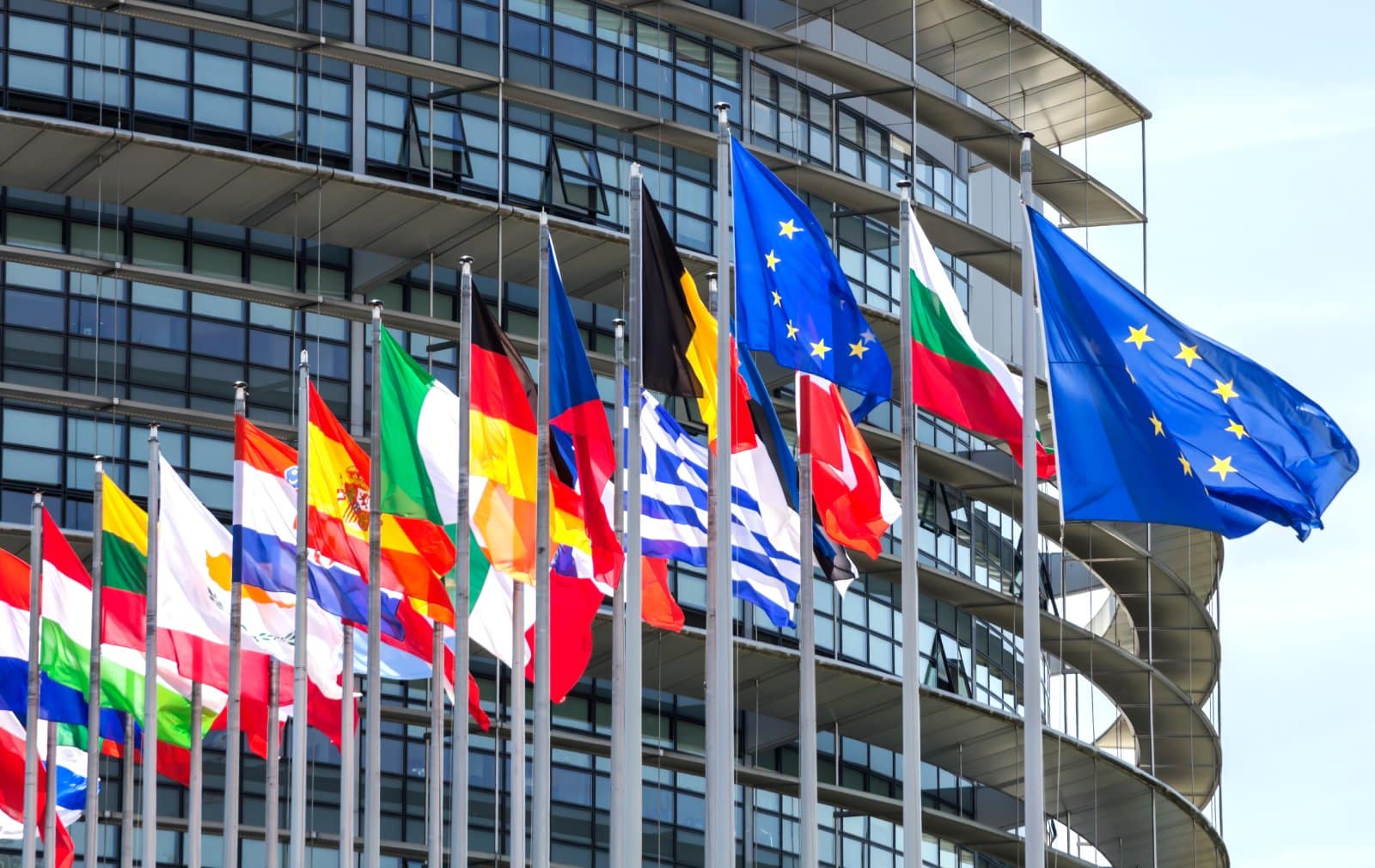
Countries around the world are electing LGBTQ leaders, setting an example for the U.S. These international precedents show that it’s possible and successful.
20. LGBTQ-Owned Businesses

LGBTQ entrepreneurs are thriving, contributing to the economy and community. Their success reflects a supportive environment that could extend to political leadership.
21. Historic Political Milestones
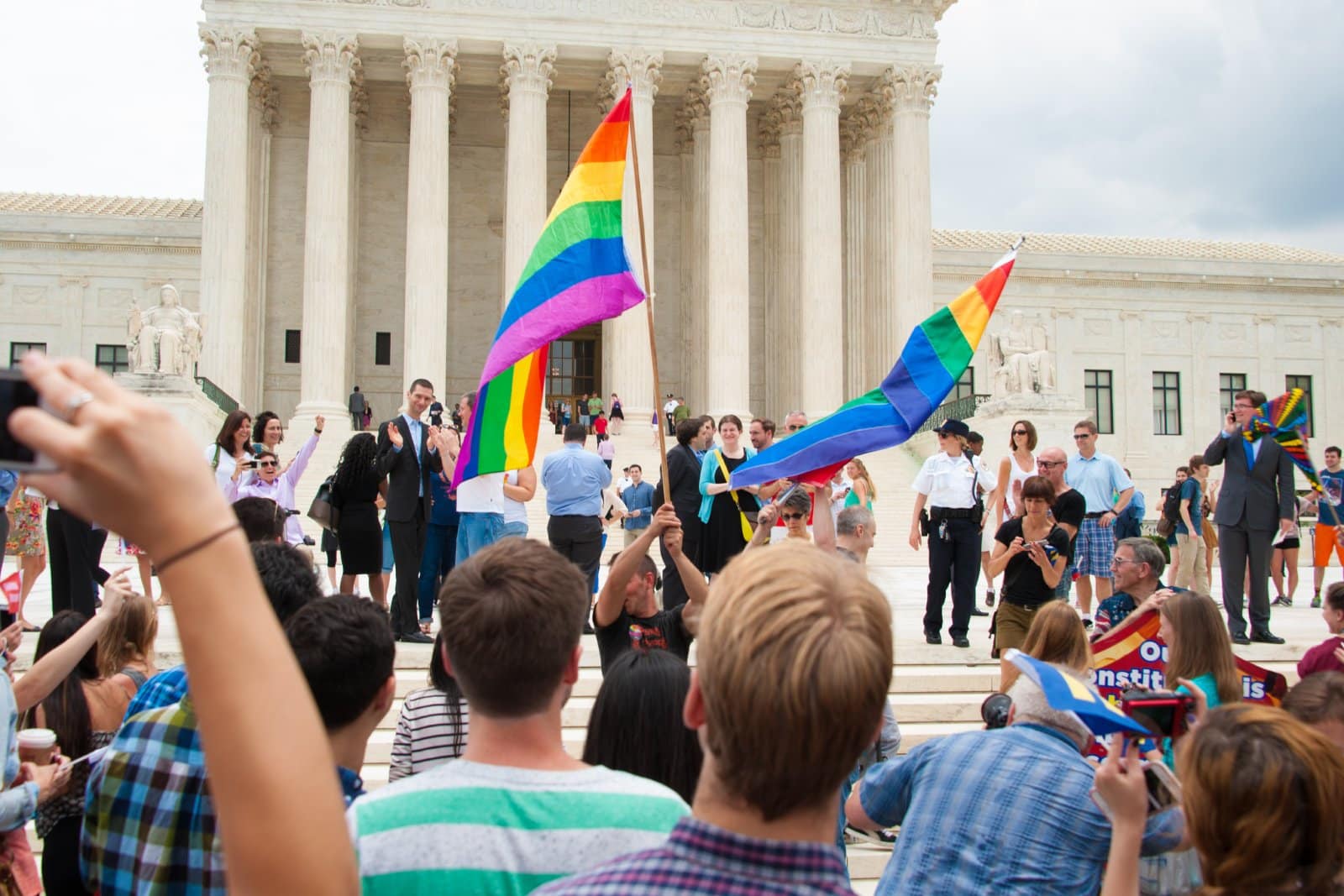
Recent political milestones, such as the election of the first openly gay governor, show that America is ready for more. These achievements pave the way for an LGBTQ president.
The Future Looks Bright
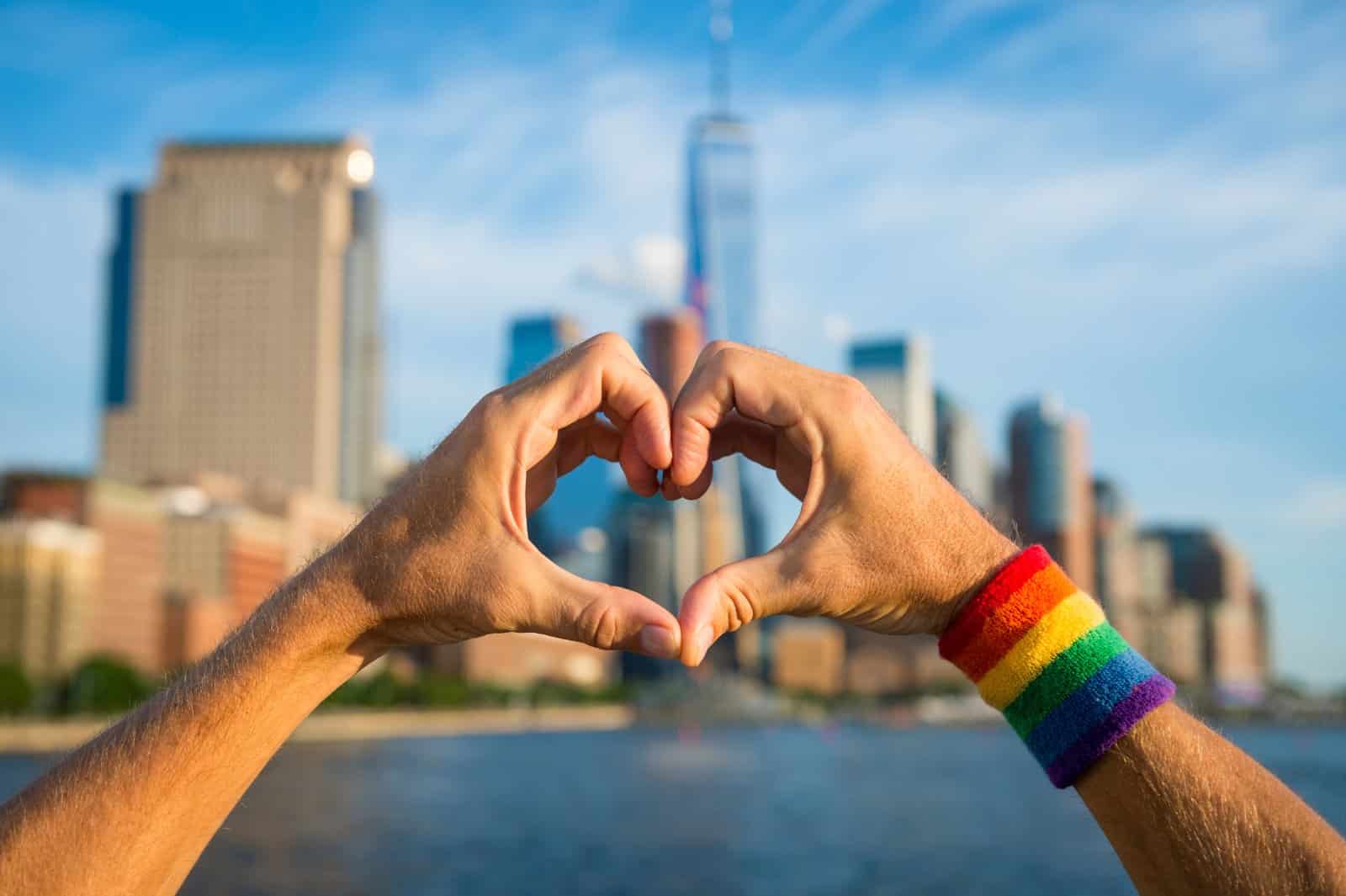
The signs are clear: America is ready to embrace an LGBTQ president. As society continues to progress, this historic milestone seems not only possible but inevitable. Are you ready to witness this momentous change?
21 Beliefs About the Bible That Are Actually False

The Bible is one of the most discussed and debated books in history, yet many common beliefs about it are more myth than fact. How many of these misconceptions have you heard before? 21 Beliefs About the Bible That Are Actually False
21 Subtle Racisms That Are Commonplace in America

Racism in America isn’t always overt; it often hides in plain sight through subtle actions and attitudes. How many of these subtle racisms have you noticed around you? 21 Subtle Racisms That Are Commonplace in America
Only Legal in America: 21 Things You CAN’T Do in the Rest of the World
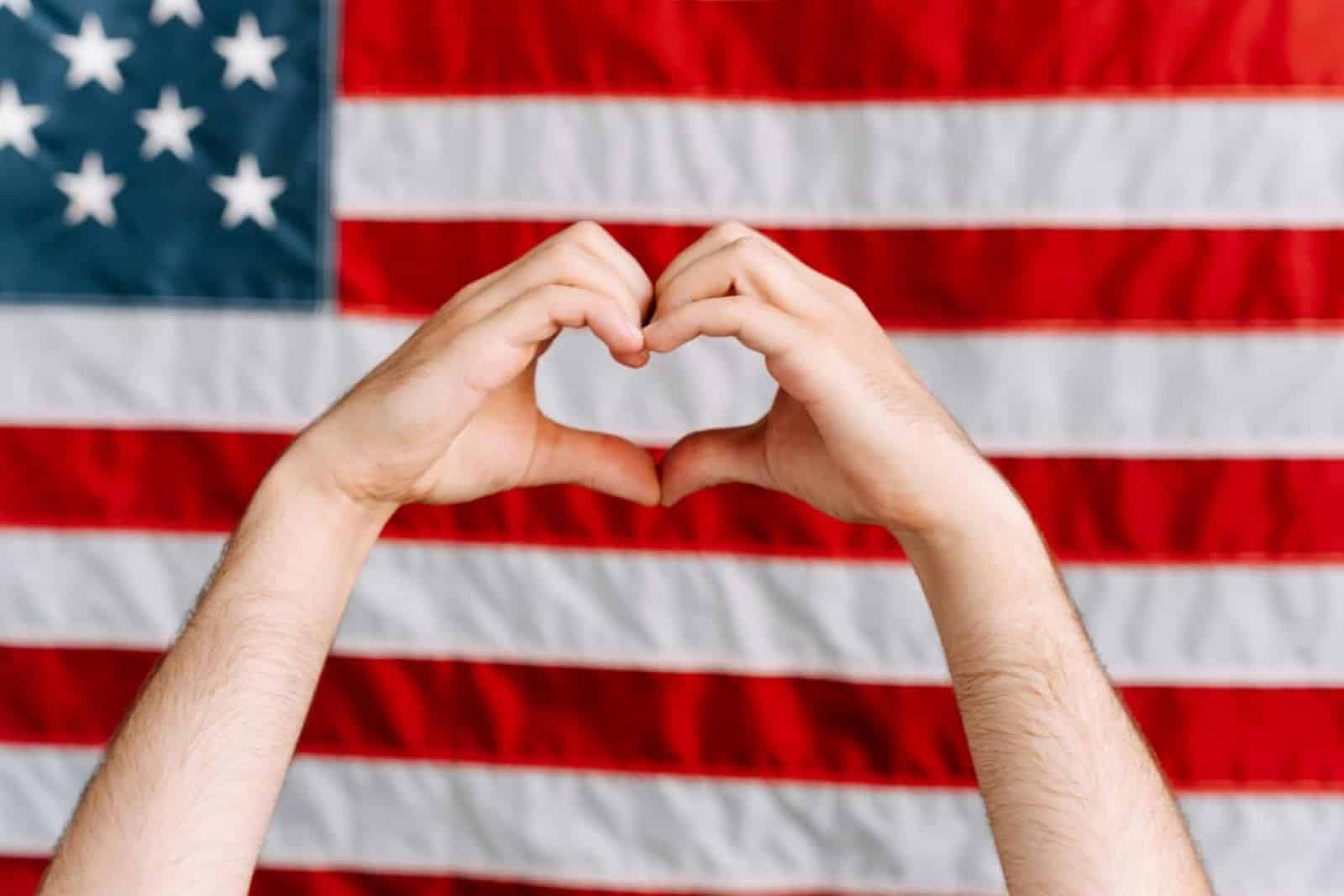
The U.S. dances to its own beat, especially when it comes to laws that make the rest of the world do a double-take. Here’s a lineup of things that scream “Only in America,” sticking strictly to what’s written in the law books. Ready for a tour through the American legal landscape that’ll leave you wondering if freedom might just be a bit too free? Only Legal in America: 21 Things You CAN’T Do in the Rest of the World
Featured Image Credit: Shutterstock / Andrea Izzotti.

